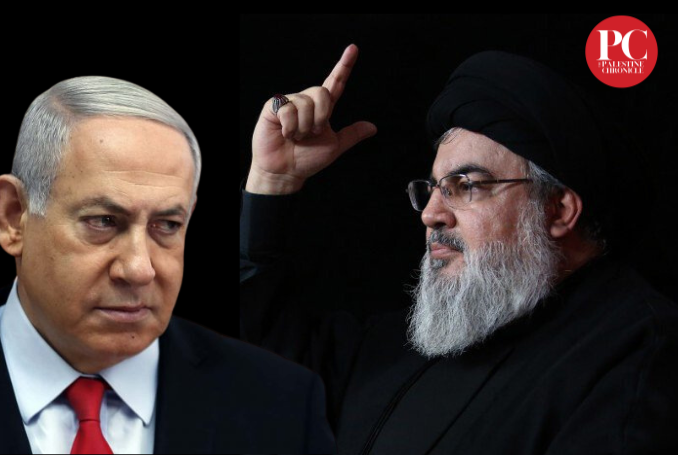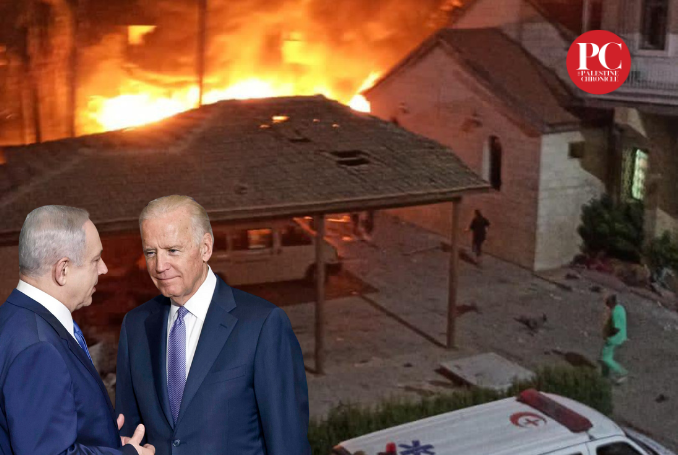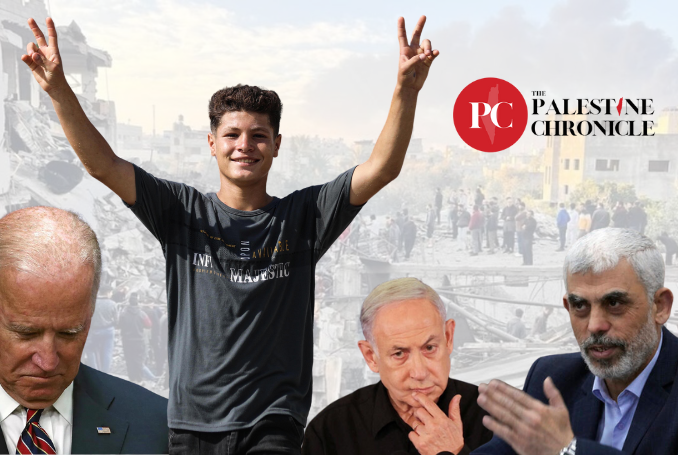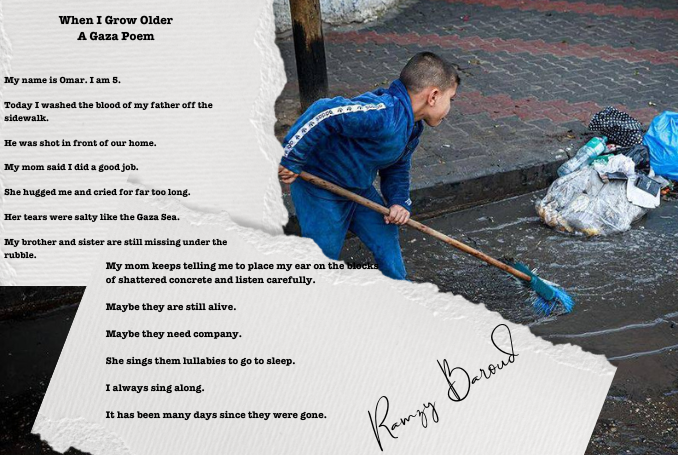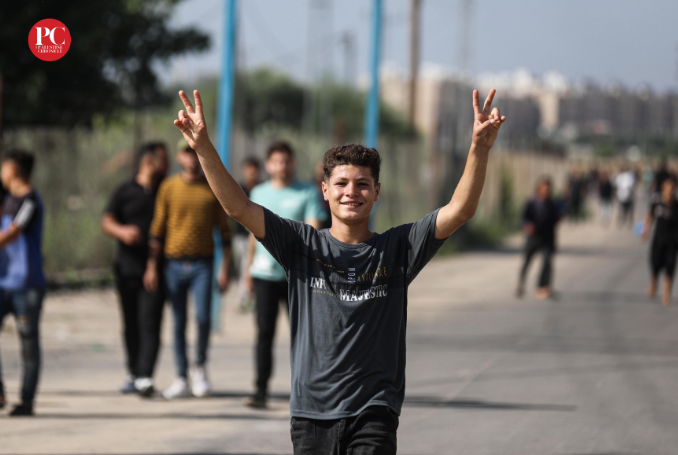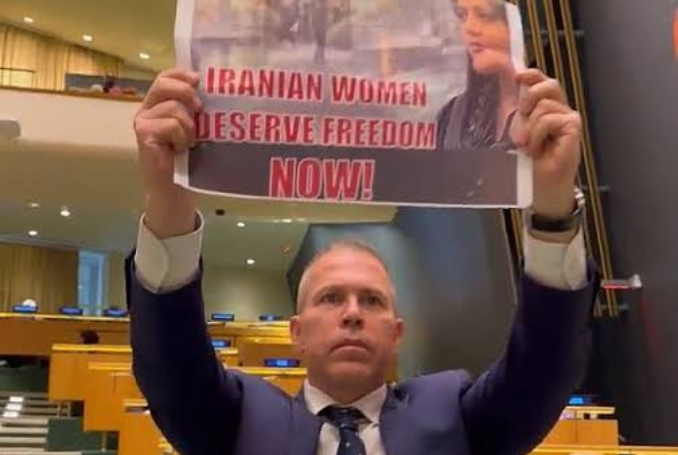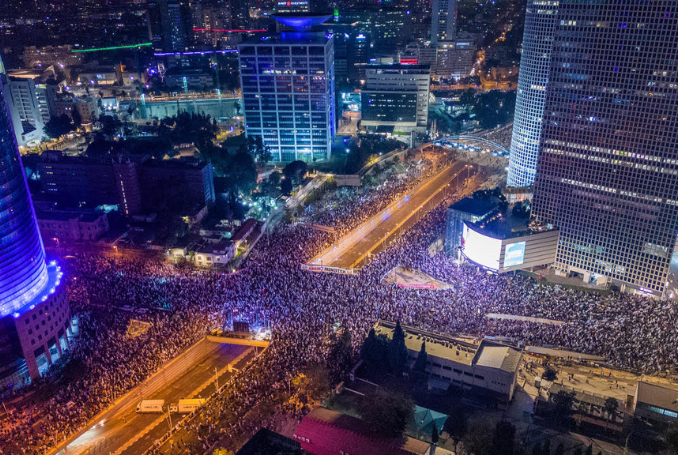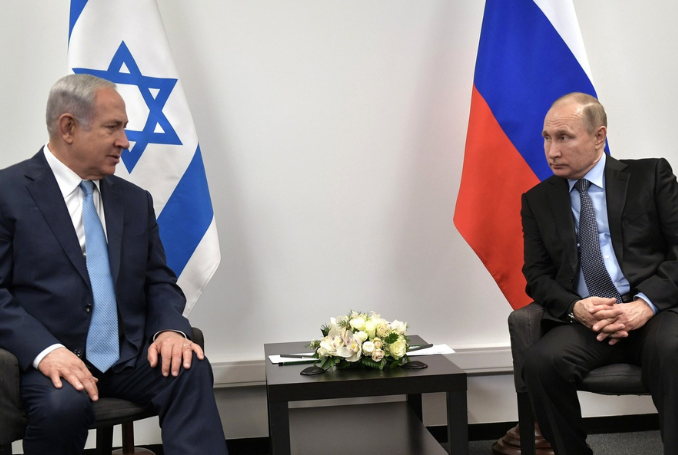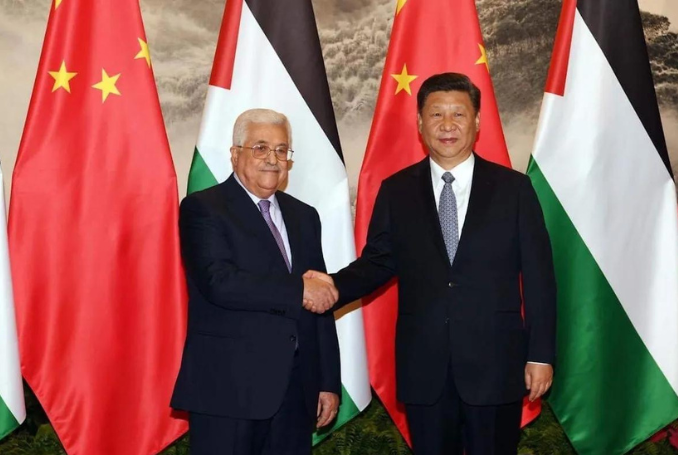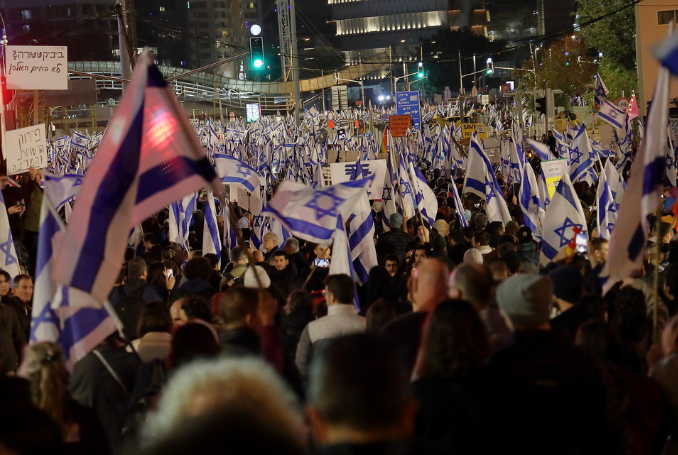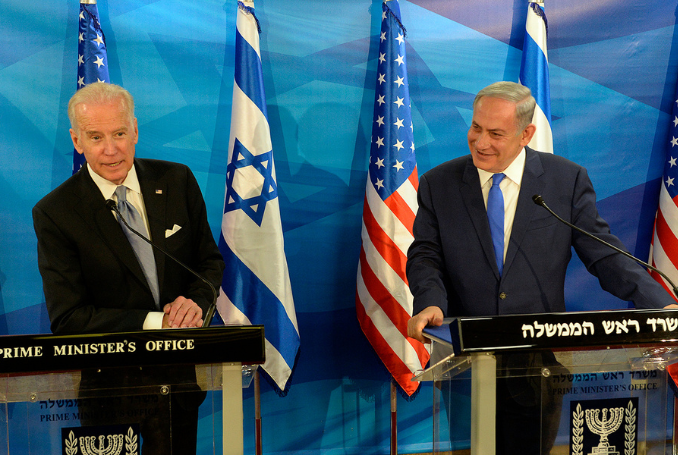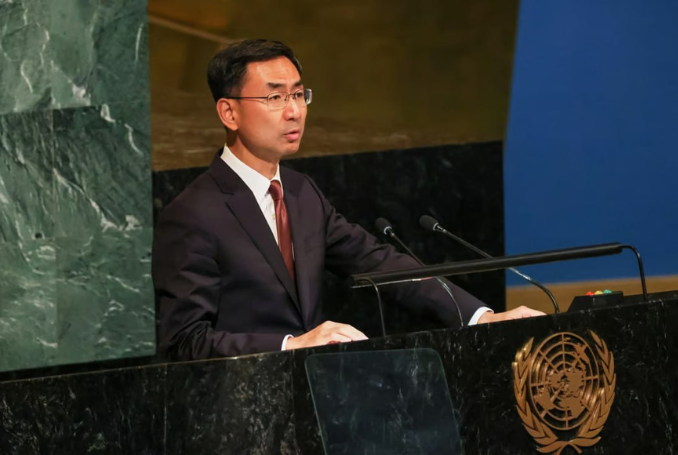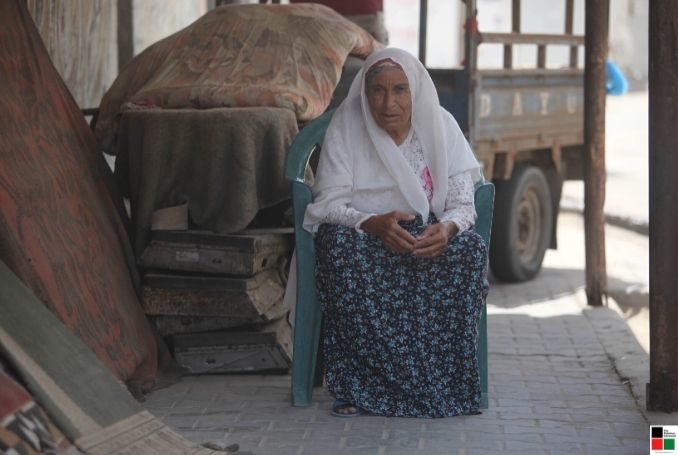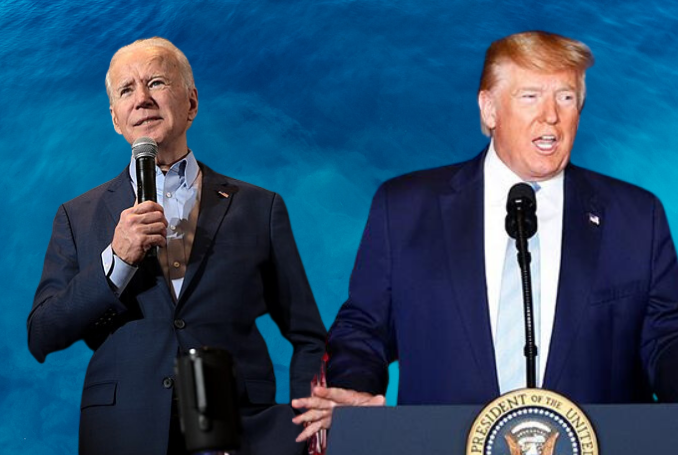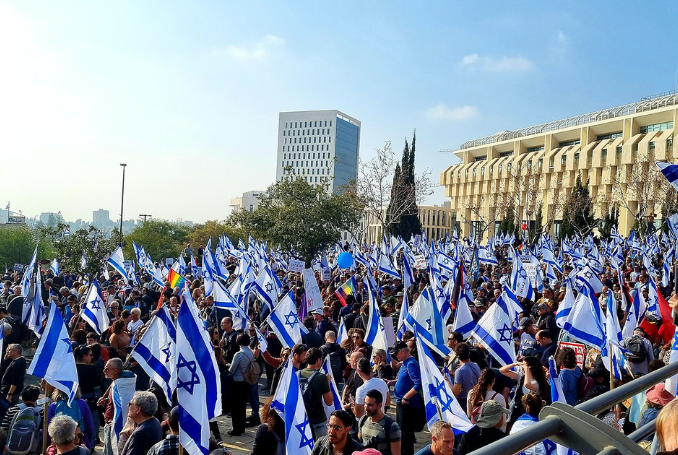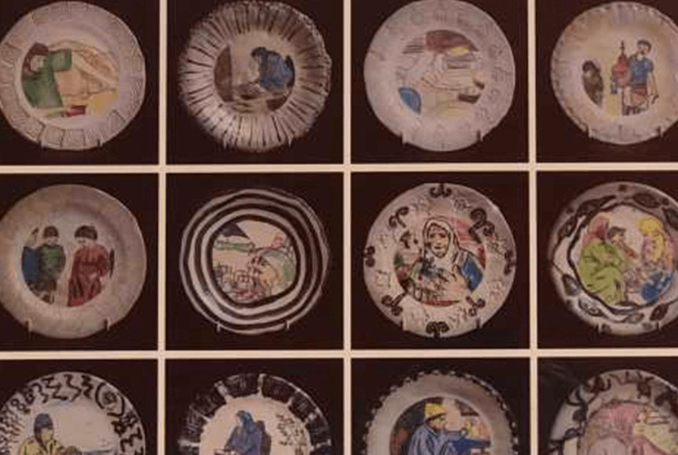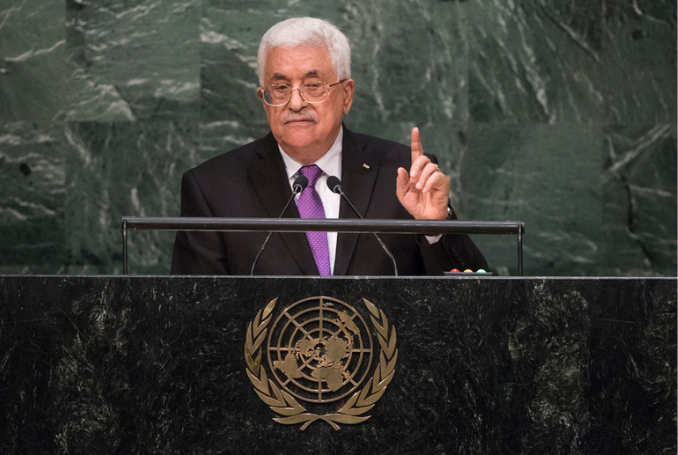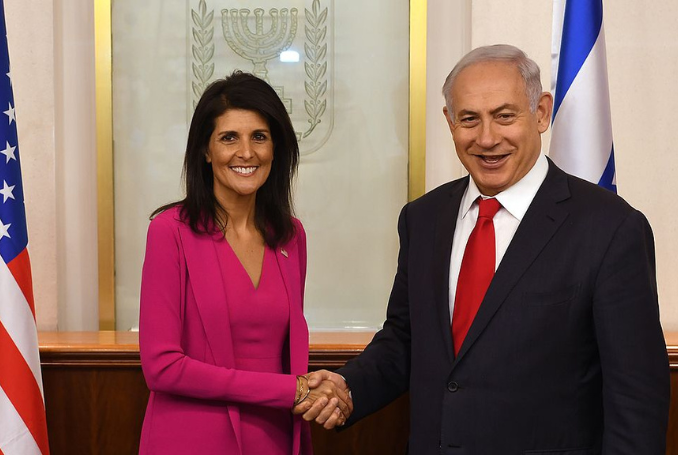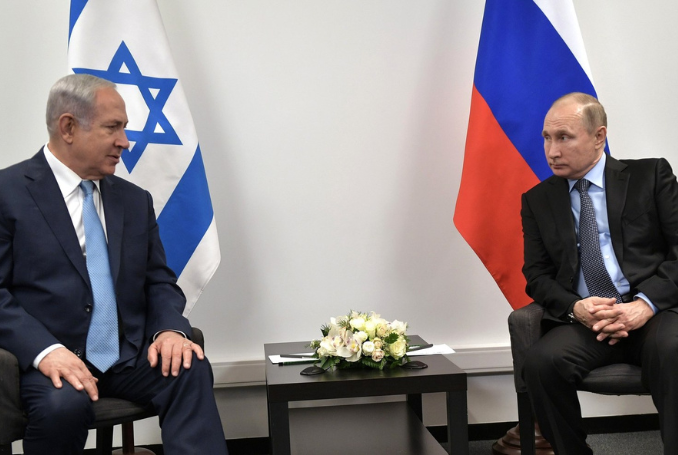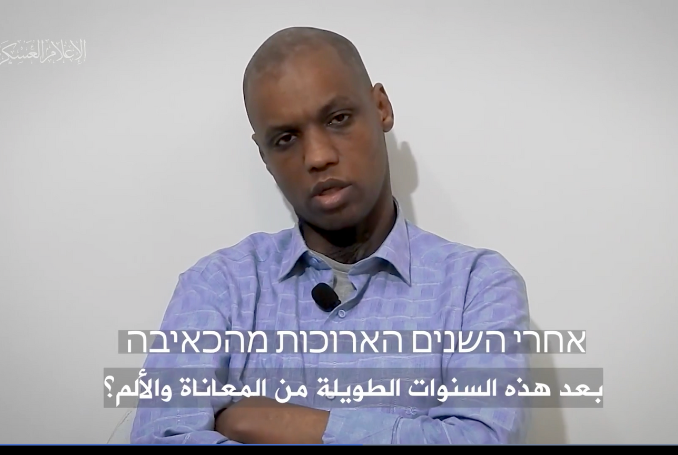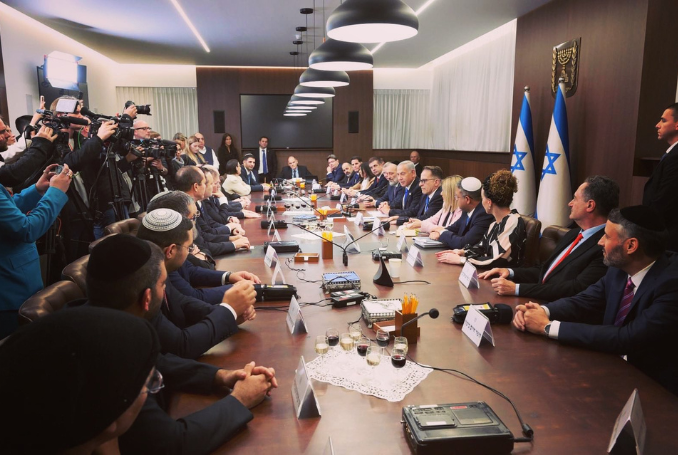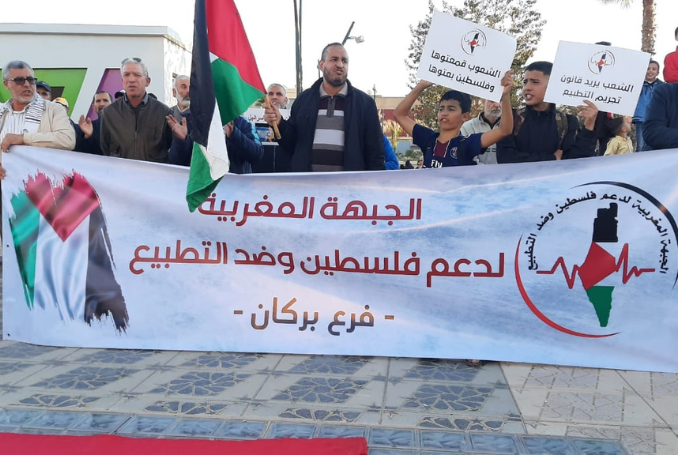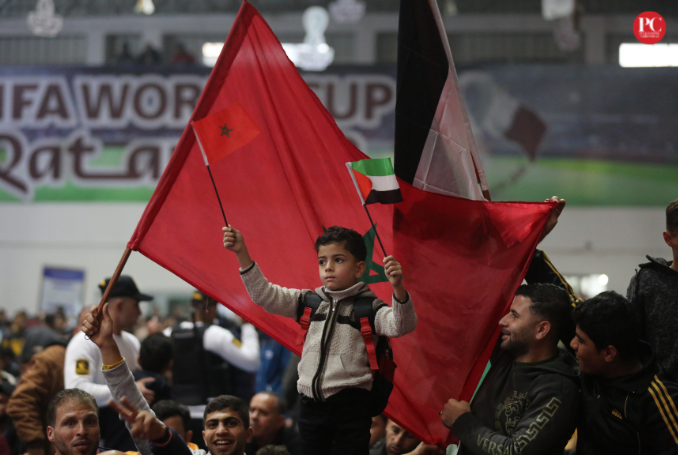- June 1, 2025
A ‘Genocidal Maniac’: What is Netanyahu’s Ultimate Goal in the Middle East?
Netanyahu must be restrained. If not, the Israeli genocide in Gaza will multiply into other genocides throughout the Middle East.
Rage over Gaza: Washington Will Pay for Its Support of Israel
“In the end, love will return in a different way,” Kafka wrote. He is right. But hate, too, tends to return as well, manifesting itself in myriad ways.
‘In a Roaring Flood’: How Israel Provoked October 7 Attacks, Yet Was Caught by Surprise
While Israel is determined to end Palestinian Resistance, the Palestinian people’s determination to win their freedom is far greater.
When I Grow Older – A Gaza Poem
A poem to Gaza’s little angels – in heaven, and here on earth.
Urinating on Prisoners: How Palestinian Pride Canceled Israel’s ‘Politics of Humiliation’
Throughout its history – violent birth and equally violent existence – Israel has purposely humiliated Palestinians as an expression of its disproportionately greater military power over a hapless, confined and mostly refugee population.
A Day to Remember: How ‘Al-Quds Flood’ Altered the Relationship between Palestine and Israel Forever
What is crystal clear is that the fundamental relationship between the Israeli occupation and occupied Palestinians after October 7, 2023, is likely to be altered, and permanently so.
Ambassador of Israeli Crimes: This is How Gilad Erdan Become a Defender of Women’s Rights in Iran
A defender of war crimes, like Gilad Erdan, must not be allowed to serve two roles: an apologist for the mistreatment of women in Palestine, and a freedom fighter for women anywhere else.
Tel Aviv’s Losing Brands: Israeli ‘Coup’ and the Death of False Democracy
Certainly, what is taking place in ‘democratic’ and ‘stable’ Israel is truly unprecedented. Israel’s current vulnerability is accentuated by the massive and rapid changes to the political map of the Middle East and the world.
A ‘Terrorist Onslaught’? This is Why Netanyahu, Gallant Blame Iran for West Bank Violence
For Israel to understand the reasons behind the growing Palestinian resistance in all of its forms, it needs to look at the devastated refugee camps of Jenin, Balata and Nur Shams – not Tehran – for the answers.
Friend or Foe? Russia’s West Jerusalem Consulate is Very Worrying
Unlike the previous two prime ministers, Bennett and Lapid, Netanyahu was keen on maintaining a degree of neutrality in the Russia-Ukraine war and the resulting global conflict.
Palestinians Welcome China’s New Middle East Role, but It is Not Mediation They Need
Palestinians need China, as they need other powerful players in the Global South, but it is not mediation that they desperately require.
Balancing Act is over: Israeli Protests are Not about Democracy, but Ideology
Ideological shifts do not appear and disappear overnight. Regardless of the outcome of Israel’s protests, the ideological shifts in Israel are seismic and long-lasting.
US and Israel: Is the ‘Unbreakable Bond’ Finally Breaking?
Though much of Israel’s self-proclaimed ‘independence’ was an outcome of unconditional US support, Israelis hardly acknowledge this fact.
China and Palestine: No To ‘Piecemeal Crisis Management’
Considering Washington’s unparalleled importance to Israel, on the one hand, and the Arab-Muslim world’s significance to China on the other, the future is easy to foresee.
Not On Our Dime!’: Why US Democrats Are Growingly Challenging Israel
Time will tell what direction Washington will take in the future. But, considering the current evidence, support for Israel is dwindling at rates that are unprecedented.
Erasure vs. Sumud: How the Nakba Came to Define the Collective Palestinian Identity
For Palestinians, the Nakba is not a single date. It is the whole story, the conclusion of which will be written, this time, by the Palestinians themselves.
Losing ‘Deterrence’: How Palestinian, Arab Resistance Changed Rules of War with Israel
While Israeli politicians and military strategists are openly fighting over who has cost Israel its precious ‘deterrence,’ very few seem willing to consider that Israel’s best chance at survival is peacefully co-existing with Palestinians.
Quest for Religious War: How Israel is Unifying Arabs and Muslims around Palestine
Though Palestinians do not see themselves fighting a religious war, protecting their religious symbols stands at the core of their larger fight for freedom, justice and equality.
Lying about Lying: Why We Must Revisit the Definition of ‘Fake News’
The phrase ‘fake news’ continues to be deployed routinely in US politics. In a polarized political atmosphere, both Republicans and Democrats distrust media organizations affiliated with opposing parties.
Mass Protests and False Hope: Israel’s Supreme Court is No Friend of the Palestinian People
As hundreds of thousands, throughout Israel, joined anti-government protests, questions began to arise regarding how this movement would affect, or possibly merge, into the wider struggle against the Israeli military occupation and apartheid in Palestine.
Victory is Defeat: Palestinian Children’s Art Exposes Israel’s Cultural Genocide
For Palestinians, this new reality is an opportunity to widen their circle of support around the world. For Israel, the mission is a precarious one, especially when initial victories could, in hours, become utter defeats.
‘Truth, No Matter What’: Why Watering Down Palestinian Reality is a Crime
The truth, in its most simple and innate form, is the only objective we should continue to relentlessly pursue until Palestine and her people are finally free.
‘America is Not a Racist Country’: How Nikki Haley Became Israel’s Candidate for the White House
Tel Aviv is simply rewarding Haley’s many favors, knowing that, regardless of her exact position in government, Haley will always continue to prioritize Israel’s interests in her political agenda, and, if needed, even ahead of her own country’s.
Active ‘Neutrality’: Why Is Israel Struggling to Maintain a Coherent Position in Russia, Ukraine?
The future will further reveal Tel Aviv’s role in the Russian-Ukraine war. However, what is quite clear for now is that Israel is no longer a neutral party, even if Tel Aviv continues to repeat such claims.
Palestine is My Cause: Arabs Reaffirm Support for Palestinians, Rejection of the Occupation
The latest Arab Opinion Index 2022 is yet more proof that Arab societies are diverse in every possible way, from their assessment of their economic situation and living conditions to their take on immigration, state institutions and democracy. With one single exception: Palestine.
A State for Some of Its Citizens: Captured Black Soldier’s Saga Highlights Racism in Israel
While Palestinians are resisting Israel’s military occupation and apartheid, Ethiopian Jews should mount their own resistance for greater rights.
Criticizing or Whitewashing Israel: Netanyahu’s New Government Accentuates West’s Hypocrisy
In truth, Israel has not changed much, either in its own self-definition or in its treatment of Palestinians. Failing to understand this is tantamount to tacit approval of Israel’s racist, violent and colonial policies in Occupied Palestine over the course of 75 years.
The Price of Betraying Palestine: Moroccans Challenge Normalization with Israel
The fact that Moroccans are mobilizing in large numbers against their country’s normalization with Israel only two years after the agreement is a sign of things to come.
On Football, Opium and Popular Resistance: Not All Sports Are Created Equal
Football is about winning a match or a tournament but, ultimately, it is about something bigger – unity, hope, power, social conflicts and, yes, popular resistance.
The Nakba Day Triumph: How the UN Is Correcting a Historical Wrong
May 15, 2023, UN Nakba Day represents the triumph of the Palestinian narrative over that of Israeli negationists. This means that the blood spilled during Gaza’s March of Return was not in vain, as the Nakba and the Right of Return are now back at the center of the Palestinian story.


